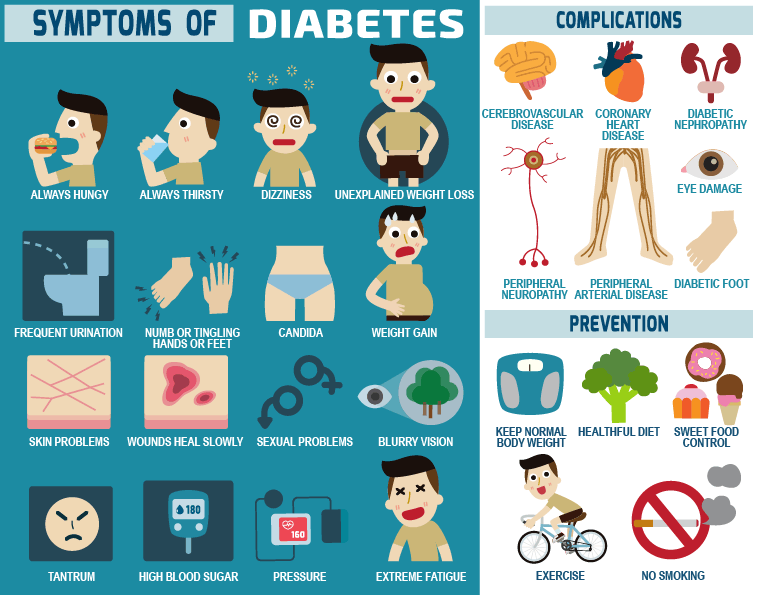Help Prevent Insulin Resistance and Diabetes with Vitamin K

Research suggests that vitamin K and vitamin K-dependent proteins play a role in metabolism. They may also improve insulin sensitivity. Why is this important?(34, 85)
Insulin resistance is a precursor to diabetes. The combination of diabetes with heart conditions such as high blood pressure and unhealthy cholesterol levels is called metabolic syndrome. Fatty liver disease and obesity are also considered metabolic syndrome conditions. This increasingly common syndrome raises the risk of developing numerous other illnesses.(34, 76)
One example of this is research showing that diabetic patients have twice the risk of developing liver cancer than non-diabetics. So, reducing the risk of diabetes is vitally important to health.(76)
How Can Vitamin K Help?
In a large population study, diets with higher vitamin K intake were associated with reduced insulin resistance for both male and female participants. Animal research shows that diets low in vitamin K impaired insulin responses, and in a human clinical trial vitamin K was associated with improved metabolic response after eating.(34)
The mechanism by which vitamin K may improve insulin sensitivity is not completely understood. However, lab and animal studies show that vitamin K reduce inflammatory markers that affect glucose metabolism.(34)
Vitamin K Supplements May Prevent Insulin Resistance in Some People
A 36-month clinical trial was conducted with older, non-diabetic men and women. The study participants were randomly placed in 1 of 2 groups: one group was given 500 μg/day of vitamin K1 supplements; the other was given a placebo. Results showed that vitamin K prevented insulin resistance in men, as measured by fasting blood sugar (glucose) levels.(34)
However, this study did not find a protective benefit of vitamin K on insulin resistance for women — at least at this dosage level. The study researchers suggested that this may have been because of the prevalence of overweight or obese female study participants.(34)
There appeared to be an inverse association between levels of vitamin K in the blood and BMI. They further speculated that adipose tissue may retain the fat-soluble vitamin K, not releasing it into the blood so that it can exert an effect on insulin resistance in organs.(34)



